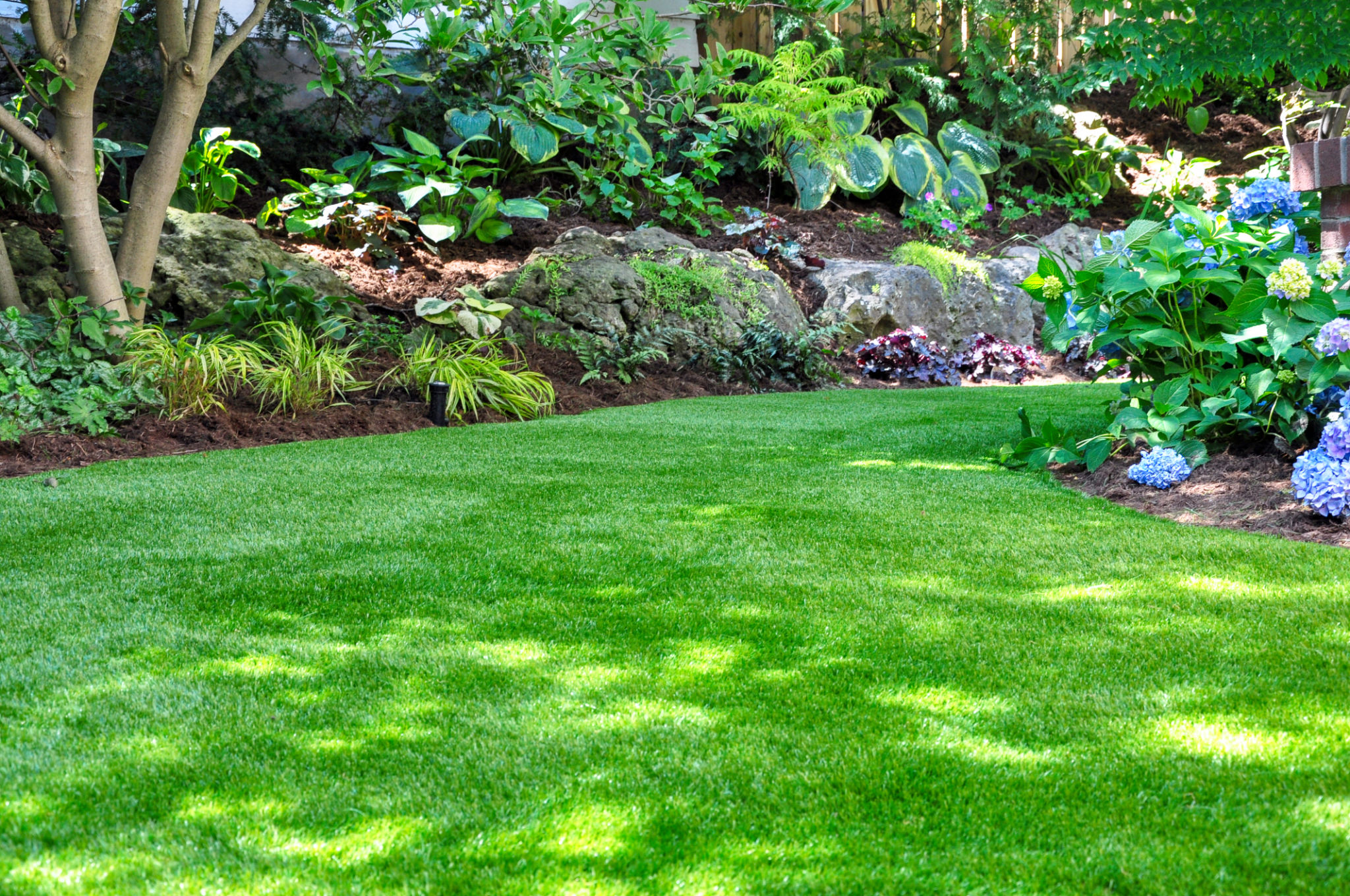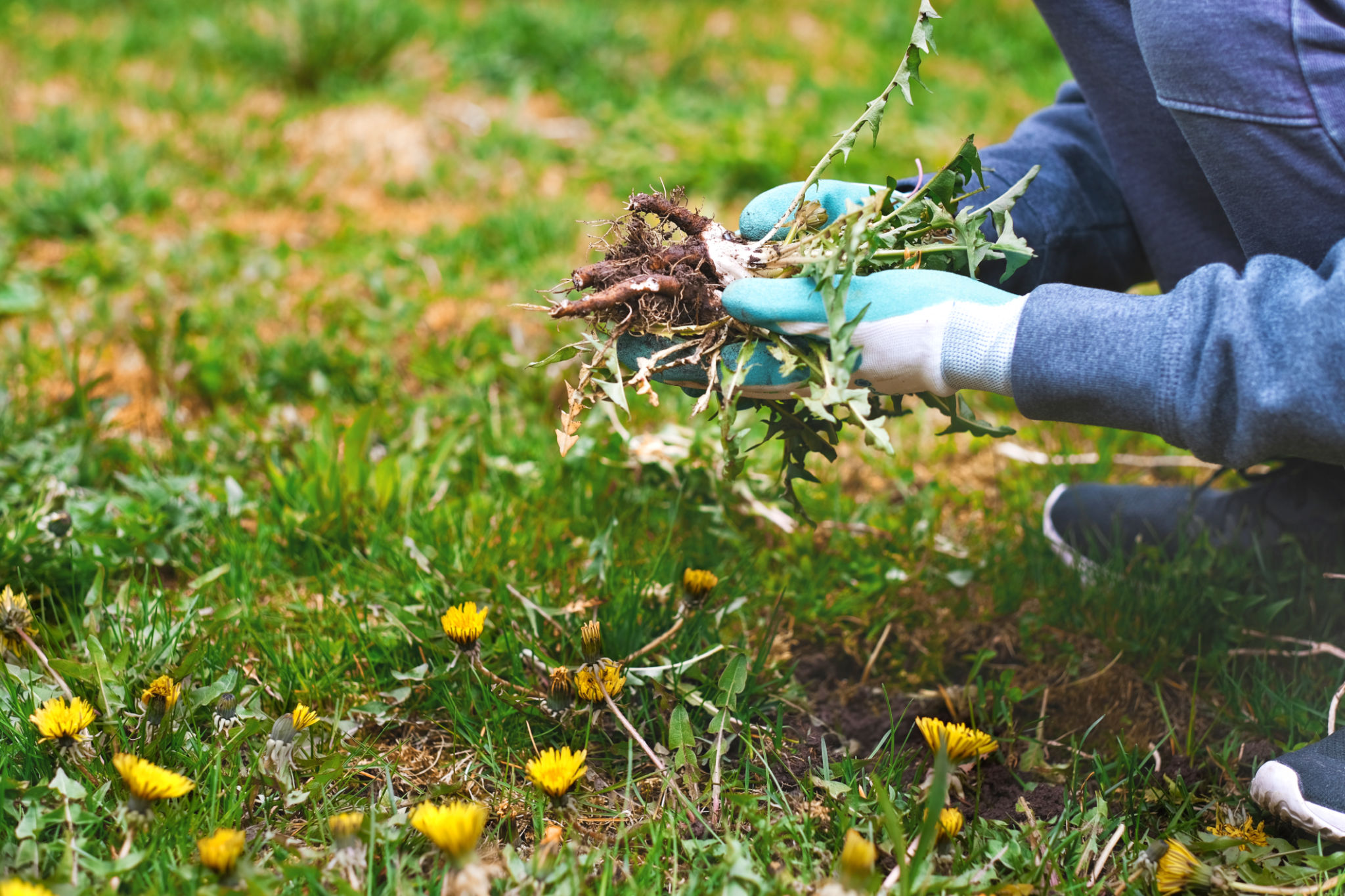How to Prepare Your Garden for the South African Summer: Expert Tips
Understanding the South African Climate
As the summer months approach in South Africa, preparing your garden for the heat and dry conditions becomes essential. The South African climate varies across regions, but generally, summer brings warmer temperatures and less rainfall. Understanding these conditions will help you plan your gardening activities effectively.

Choosing the Right Plants
Selecting plants that thrive in the summer heat is crucial for a vibrant garden. Consider indigenous plants, which are naturally adapted to the local climate. Succulents, for example, are an excellent choice due to their drought-resistant nature. Additionally, you can choose flowering plants like marigolds and lavender, which can withstand high temperatures.
Creating a Planting Schedule
Timing is everything when it comes to planting. Plan to plant your summer garden in the early spring to give plants enough time to establish before the heat intensifies. Use an organized schedule to stagger planting times, ensuring continuous blooming throughout the season.

Efficient Watering Techniques
Water conservation is vital during South African summers. Implementing efficient watering techniques can help maintain a lush garden without wasting water. Drip irrigation systems are highly effective, delivering water directly to the plant roots and minimizing evaporation. Additionally, water your garden early in the morning or late in the evening to reduce water loss.
Mulching for Moisture Retention
Mulching is a simple yet effective way to preserve soil moisture. By covering the soil with organic materials like bark or straw, you can reduce evaporation and keep the soil cool. Mulching also suppresses weeds and enriches the soil as it decomposes, providing multiple benefits for your garden.

Pest Control Strategies
Summer can bring an array of pests that threaten your garden's health. To combat this, employ natural pest control methods. Encourage beneficial insects such as ladybugs and lacewings, which prey on common garden pests. Additionally, consider companion planting; certain plants can repel insects naturally when grown together.
- Use neem oil as a natural pesticide.
- Introduce beneficial insects to your garden.
- Practice crop rotation to prevent pest infestations.
Regular Maintenance
Consistent maintenance is key to a thriving summer garden. Regularly check for signs of disease or stress in your plants and address issues promptly. Pruning dead or damaged branches will promote healthy growth and improve air circulation. Don't forget to fertilize your plants with an appropriate nutrient mix to boost their resilience against harsh conditions.

Sustainable Gardening Practices
Embrace sustainable practices to protect both your garden and the environment. Composting kitchen scraps can enrich your soil while reducing waste. Rainwater harvesting is another eco-friendly method to conserve water; use collected rainwater for irrigation during dry spells. These practices not only benefit your garden but also contribute to a healthier planet.
Preparing for Emergencies
The South African weather can be unpredictable, so it's wise to prepare for unexpected events such as heatwaves or droughts. Keep an emergency kit with essential gardening tools and supplies, and stay informed about weather forecasts. Being proactive will help you mitigate any adverse effects on your garden.